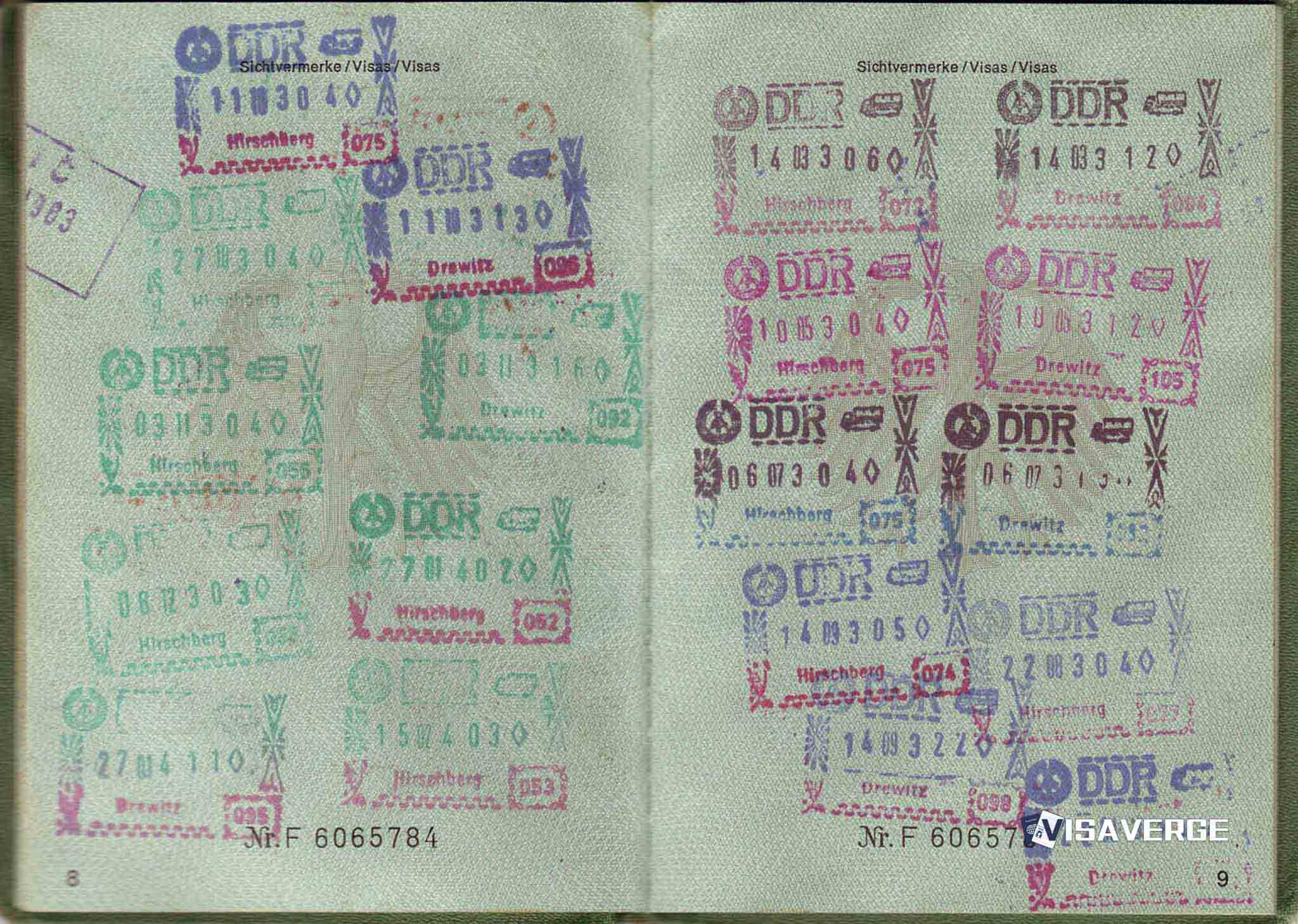Understanding the I-140 Process and Its Impact on Your Spouse’s Employment Opportunities in the U.S.
What is the I-140 Process?
When seeking permanent residency in the United States, one of the primary steps for employment-based visas is the I-140 process. The I-140, officially known as the Immigrant Petition for Alien Worker, is a petition filed by your employer with the U.S. Citizenship and Immigration Services (USCIS) that demonstrates their intent to hire you permanently in the U.S. Once the I-140 is approved, you are one step closer to obtaining a green card.
Does the I-140 Affect My Spouse’s Ability to Work in the U.S.?
If you’re in the midst of the I-140 process and your spouse finds a job opportunity in the U.S., you might be wondering how this affects your visa applications. The good news is that your spouse’s employment can indeed have a positive impact on your immigration journey.
For example, if your spouse finds a job and holds an H-1B visa or other work visas, this could potentially lead to the couple having dual I-140 petitions in process, improving the chances of a successful transition to permanent residency. It’s important to note that each case is unique and outcomes can depend on a variety of factors.
Spouse Employment Immigration Impact
- Spousal Work Authorization: If your spouse wishes to work in the U.S., they must have the proper work authorization. As dependents, they may apply for an Employment Authorization Document (EAD) which allows them to work legally in the U.S. This is often the case for spouses of H-1B visa holders.
- Concurrent Filing: Sometimes, if you are eligible to adjust status, you and your spouse could file I-485 applications to adjust status to that of permanent residents at the same time you or your employer files the I-140 petition.
-
Potential for Faster Processing: If your spouse also qualifies for an employment-based visa, you may have additional options. For instance, if your spouse’s employer is willing to sponsor them, and their job falls under a visa category with current or faster-moving priority dates, this could expedite the overall immigration process for both of you.
Timeline and Processing

The timeline for the I-140 process can vary, but generally, it takes several months. During this time, it’s essential to maintain your current non-immigrant status. It’s also crucial to keep track of the visa bulletin published monthly by the U.S. Department of State, which provides valuable information on visa availability.
Key Considerations During the I-140 Process
- Maintain Legal Immigration Status: Both you and your spouse must ensure that you maintain a lawful immigration status during your entire stay in the United States.
- Work Authorization Validity: The EAD your spouse may apply for typically needs to be renewed annually. It’s as essential to keep this authorization up to date as it is to maintain status.
-
Consistency in Visa Applications: Always ensure accuracy and consistency in all U.S. visa applications, as discrepancies can lead to processing delays or denials.
Action Steps If Your Spouse Finds Employment in the U.S.
- Consult with an Immigration Attorney: To navigate the complexities of employment immigration impact, it is advised to speak with a specialist.
- Review Visa Options: Look at the different types of visas available and, if relevant, consider the possibility of dual I-140 filings.
- Prepare Documentation: Gather all necessary documentation for any filed petitions or applications to ensure seamless processing.
- Monitor Application Status: Stay informed about the status of your I-140 petition and any other visa applications through USCIS’s official website.
Conclusion
Spouse employment can indeed have an impact on your immigration process, but it’s often a positive one. If your spouse secures employment in the U.S., it could potentially provide additional pathways to obtaining permanent residency. Understanding the implications and navigating the paperwork and processes involved is crucial. To ensure you’re making the right moves, it’s always a good idea to seek advice from immigration experts or attorneys.
For more information on the I-140 process and U.S. visa applications, you can visit the official USCIS website or consult with a qualified immigration attorney.
So there you have it, my curious friend! Spouse employment and the I-140 process can be a real game-changer on your quest for permanent residency. With the right steps and documentation, your spouse’s job in the U.S. can boost your chances, and who doesn’t love a little extra help, right? Remember to stay on top of the visa bulletin, maintain your status, and keep those applications consistent. And hey, if you want to dig deeper and explore more about visas and immigration, head over to visaverge.com. Happy exploring, and best of luck on your immigration journey!
FAQ’s to know:
FAQ 1: What is the I-140 Process and how does it impact my spouse’s employment opportunities in the U.S.?
The I-140 process is an essential step in seeking permanent residency in the United States through employment-based visas. It is a petition filed by your employer with the USCIS that demonstrates their intent to hire you permanently. Once your I-140 is approved, you are one step closer to obtaining a green card. The I-140 process can positively impact your spouse’s employment opportunities in the U.S. If your spouse finds a job and holds an H-1B visa or other work visas, this could potentially lead to the couple having dual I-140 petitions in process, improving the chances of a successful transition to permanent residency.
FAQ 2: How can my spouse work in the U.S. during the I-140 Process?
If your spouse wishes to work in the U.S., they must have the proper work authorization. As dependents, they may apply for an Employment Authorization Document (EAD), which allows them to work legally in the U.S. This is often the case for spouses of H-1B visa holders. It’s important to note that the EAD typically needs to be renewed annually, so it’s crucial to keep the authorization up to date.
FAQ 3: Can my spouse’s employment potentially expedite the overall immigration process for both of us?
Yes, if your spouse also qualifies for an employment-based visa, their employment can expedite the immigration process for both of you. For example, if your spouse’s employer is willing to sponsor them and their job falls under a visa category with current or faster-moving priority dates, this could speed up the overall process. Each case is unique, and outcomes depend on various factors, but having dual employment-based visa applications can offer additional options and potentially expedite the immigration process.
What did you learn? Answer below to know:
- True or False: The I-140 process is a key step in obtaining permanent residency in the United States.
- What document allows a spouse to work legally in the U.S. while their partner undergoes the I-140 process?
a) H-1B visa
b) Employment Authorization Document (EAD)
c) I-485 application
d) U.S. Department of State visa bulletin - How can a spouse’s employment in the U.S. potentially expedite the immigration process?
a) It allows for concurrent filing of I-140 and I-485 applications.
b) It grants automatic eligibility for a green card.
c) It guarantees faster processing times for all applicants.
d) It eliminates the need for an immigration attorney.








